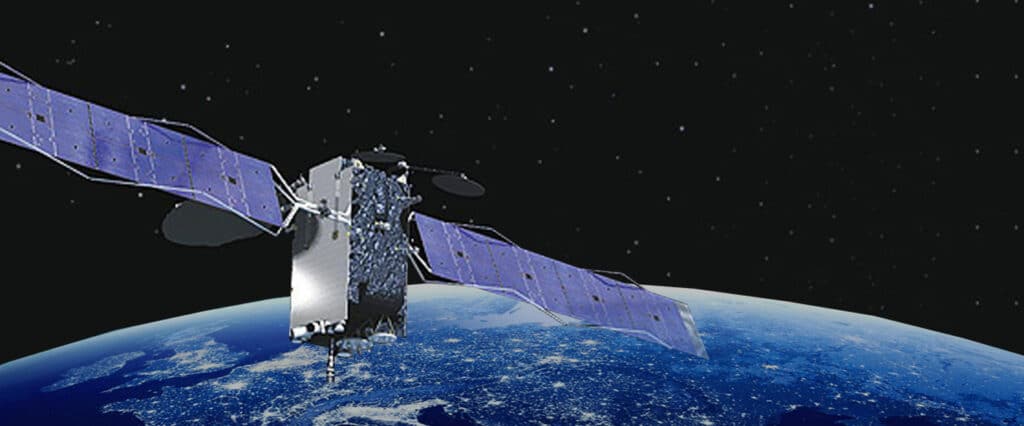Intelsat Shuts Down Galaxy 15 Payload as Satellite Drifts

Rendering of the Galaxy 15 satellite. Photo: Intelsat
Intelsat engineers have shut down the Galaxy 15 payload after losing command of the satellite in August. An Intelsat spokesperson told Via Satellite that Galaxy 15 is no longer transmitting signals back to Earth. This greatly reduces the risk of interfering with operators and programming services as the spacecraft drifts out of its orbital position, the spokesperson said.
“While the interference risk is reduced, the satellite continues to drift and will soon begin transiting through orbital locations licensed for other satellites. Intelsat is working closely with impacted operators to minimize the impact of these transients,” the spokesperson said.
Intelsat is coordinating “fly-by” procedures to avoid physical collision, which the operator said pose minimal risk.
Galaxy 15 customers have been transitioned to Galaxy 23 for the time being, until G-15’s replacement, Galaxy 33, launches. The launch is projected for Oct. 8, and Intelsat plans for the satellite to be in service in November.
Customers will then transition back to 133 degrees West on G-33. Galaxy 33 is a C-band replacement satellite built by Northrop Grumman on its GEOStar platform, and it will be launched by SpaceX.
The spokesperson said the anomaly has no impact on Intelsat’s C-band clearing timeline.
This update comes after last month, Intelsat lost the ability to command the satellite after an anomaly caused by a space weather event. The company said the baseband electronics unit likely locked up after a space weather event such as solar eruptions of plasma and magnetic fields, which can disrupt electronics.
The satellite has been in orbit for nearly 17 years. It was ordered in 2001 and built by Orbital Orbital Sciences Corp., (which eventually folded into Northrop Grumman through a series of mergers and acquisitions) based around the GEOStar-2 satellite bus. It was launched in October 2005.